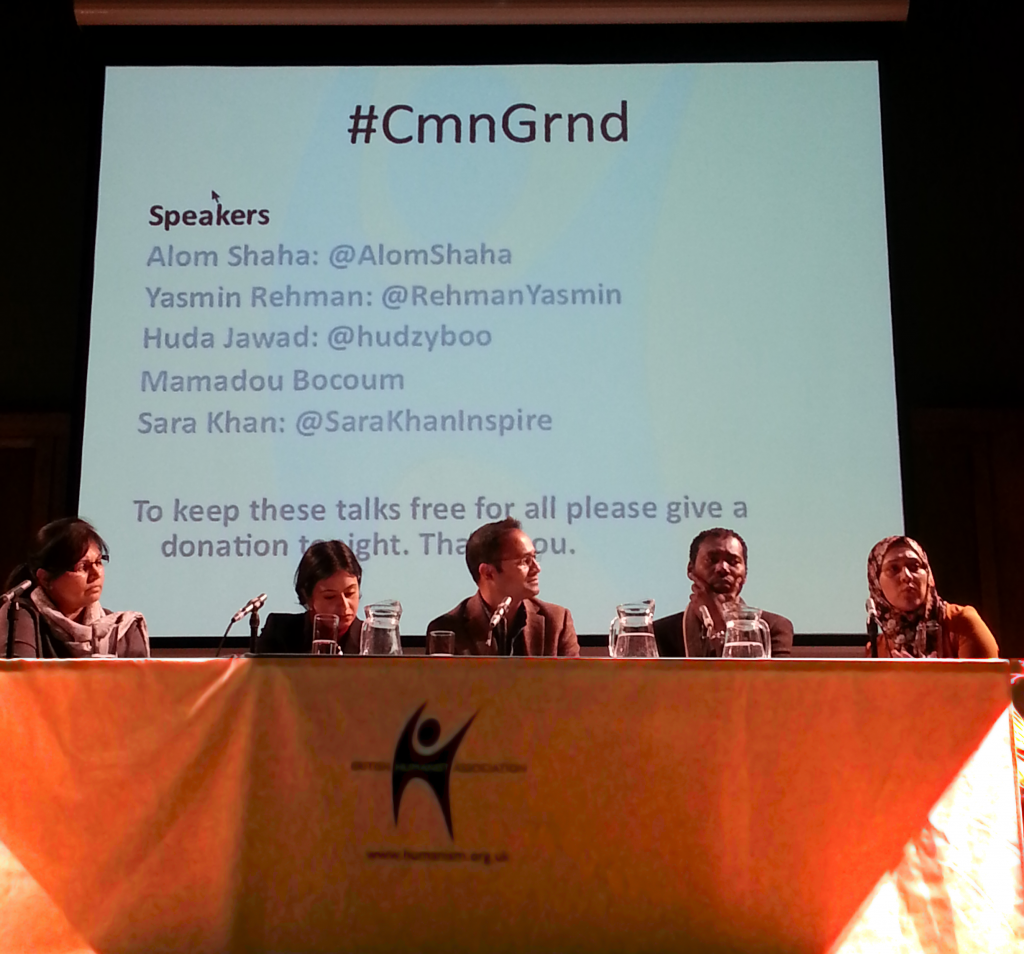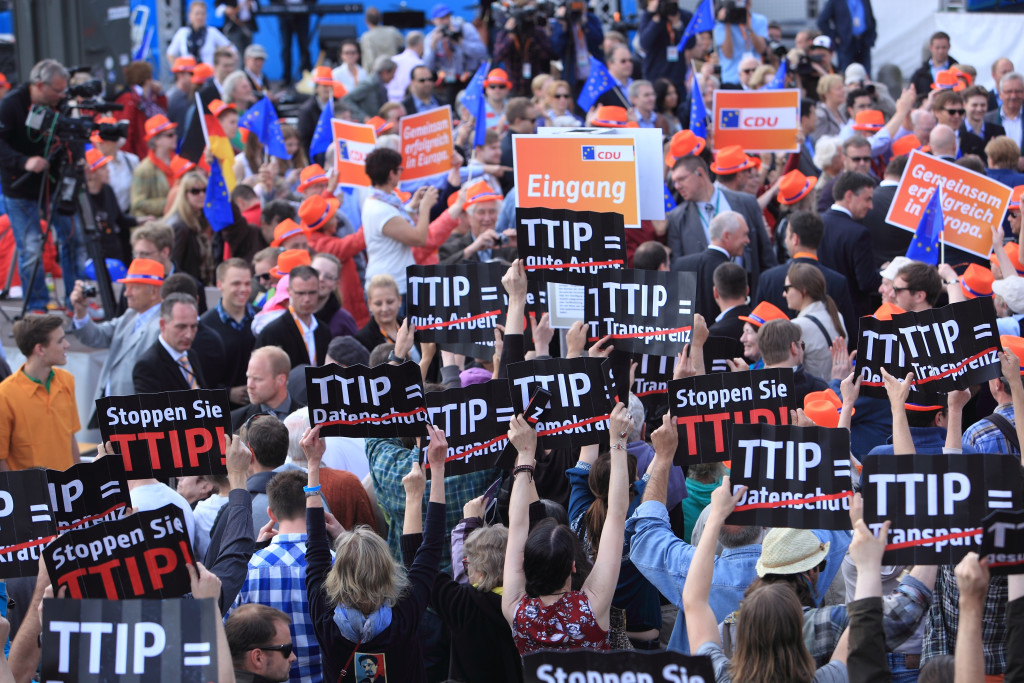Forget the problem of evil, argues Matthew Hicks. Why aren’t we getting more het up about injustice and human suffering?
Last week saw a media storm over an interview with Stephen Fry. During the interview (embedded below), Fry was asked: ‘What if you’re wrong? What would you say to God if you found you were at the pearly gates?’ Fry said that he would ask this benevolent, compassionate, all-knowing God what bone cancer in children was all about before becoming reservedly enraged about the level of suffering on this planet against a backdrop of a supposedly benevolent, compassionate, all-powerful, and all-knowing being.
Fry’s response was by no means novel, but he articulated himself sufficiently well that people either identified with it or took disagreement with it strongly enough to result in millions of shares and retweets . What stuck out to me however, was not his articulacy or verbosity, but rather his rage at injustice and suffering in the world today, an emotion which was almost palpable.
The question posed to Fry was a narrow-minded, both philosophically and spiritually, and Fry very eloquently answered back in those same terms. But it was the narrowness of Fry’s response which has led to people from both ends of the belief spectrum rushing in to claim an intellectual or spiritual high ground.
With Fry’s rage about suffering so effectively bypassed by those responders, I would like to ask a question. If we are so concerned with the nature of this dilemma, and so many of those with faith or lack thereof are, then why can’t we find it in ourselves to stand alongside Fry in this rage regardless of our belief?
The realms of the supernatural and the rational can fight all they want, split verbal hairs and claim immaturity and narrow-mindedness on the other’s part. Any one of us can detail the insides of our navels over this issue and wait sneeringly for a response. If we do that however, and jump on the difference of opinion rather than share in the rage of injustice, then we are no different from an allegedly all-powerful, all-compassionate God who sits on his divine derrière.
We live in an age where we who have access to Fry’s interview (and the ability to share it) have a comprehension of the world and its affairs that is unprecedented in history. We are as close to an all-knowing animal as we can get right now! And through the Internet, we also now have the ability to change so much that which is unjust. We are not ourselves all-powerful but as men and women, we have countless opportunities to effect change through democratic activity.
‘For me the evil of inactivity is so much more malignant than the evil of difference of opinion.’
My point is that rage spent on attempting to reverse injustice and suffering is much more productive than rage spent on pointless debate. Are we not better off expending energy on real issues at stake in the world today through channels such as scientific research, foreign aid, and the promotion of human rights? Surely that is a more worthwhile display of our better human qualities than arguments which have no benefit except to fuel the ego of those arguing their point.
Whether there is a divine being is irrelevant to the point in hand. What Fry’s response encapsulates is a sense of anger that we all feel and identify with at some level regardless of belief. Of course highlighting our differences is so much easier than seeking common ground. To do the latter would open up a whole can of worms with regards our sense of responsibility toward our fellow humans. For me the evil of inactivity is so much more malignant than the evil of difference of opinion.
As Martin Niemoller said:
First they came for the Socialists, and I did not speak out—
Because I was not a Socialist.
Then they came for the Trade Unionists, and I did not speak out—
Because I was not a Trade Unionist.
Then they came for the Jews, and I did not speak out—
Because I was not a Jew.
Then they came for me—and there was no one left to speak for me.
Matt Hicks can be often found touring Devon with a bag full of songs and his ukulele. He blogs at The Wooden Duck.

